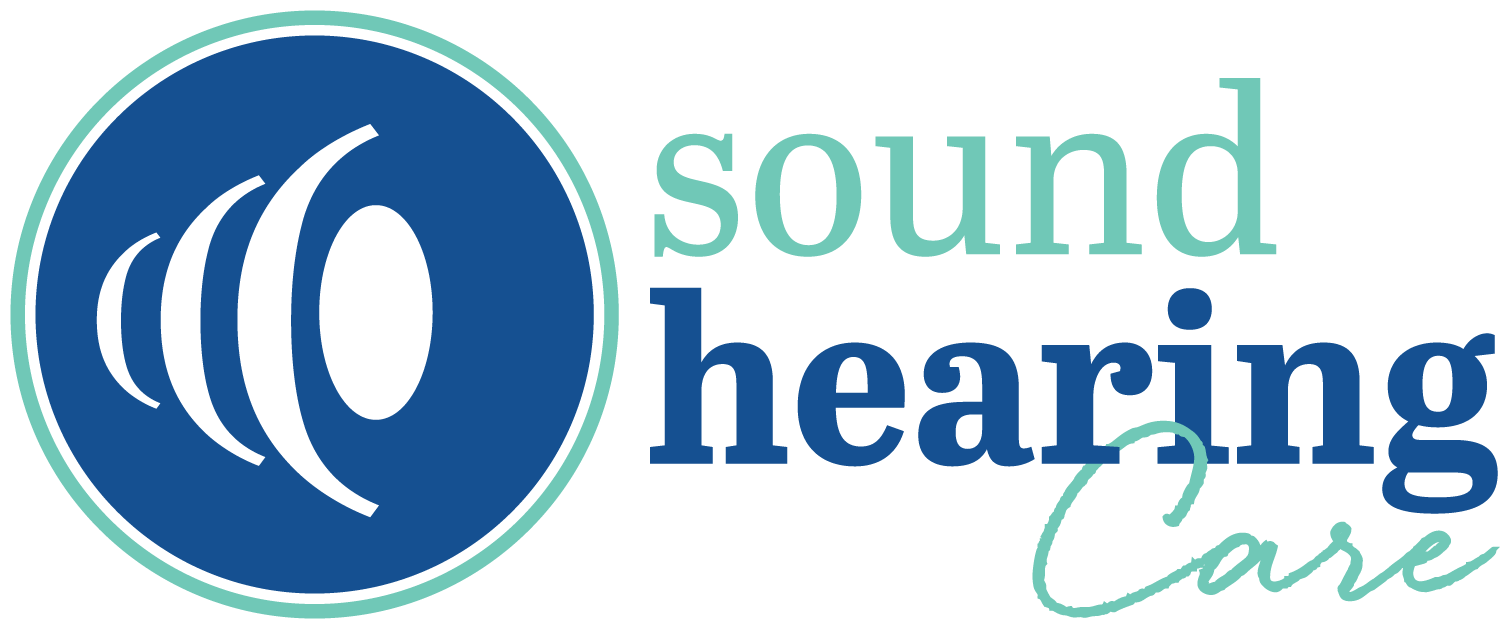
Hearing FAQs
We are here to help you & answer all of your questions!
Hearing FAQs:
How do I know I need a hearing test?
A hearing test is simple and pain free. Most people often wait as much as 5-7 yrs to notice the gradual onset of hearing loss. If you are start to have problems hearing certain voices, if you ask people to repeat themselves, if you think others seem to mumble, or you turn the TV volume up to a level uncomfortable for family to enjoy – these are signs it’s time to obtain a hearing evaluation. Hearing loss is not something to hide or ignore. In fact, untreated hearing loss is more visible to others than a hearing aid. Hearing loss can negatively affect one’s emotional and social well-being and cause depression, isolate you from loved ones, breakdown relationships, and give you an overall sense of helplessness. If you think that you might have a hearing loss, take our simple 5 minute quiz.
I can hear people speak, but sometimes I can't understand what they say. Why is that?
Hearing loss is a difficulty with hearing sound but also is a problem understanding speech. Your brain is responsible for understanding words and sentences and relies on the ear to send sound signals unaltered. Your ears collect sound, transforms it into nerve impulses and send it to the brain. Most sensorineural hearing loss occurs in the inner ear where high-pitched sounds critical to the meaning to most of our words are located. If you do not understand speech easily, then you could have a hearing loss that creates understanding issues. Today’s advanced hearing aids are designed to the most sophisticated hearing specifications so that they help you reclaim a sensitivity to these higher pitched sounds and improve your ability to understand speech in quiet and more importantly in noise.
Is hearing loss just part of growing old?
While hearing loss is common as we age, there are factors that can contribute to hearing loss like:
Excessive Noise Exposure (prolonged loud noises, gun shots,machinery)
Infections or Diseases like Diabetes Head Injury Genetics
Birth Defects Drug
Treatment Reaction (antibiotics, chemotherapy, radiation)
Smoking
My doctor told me hearing aids wouldn't help. Should I trust him or her?
Most physicians are experts in their specialty and may not be up-to-date on the advances in treating hearing loss. It’s smart to rely on the expertise of a hearing professional. Breakthrough technology advances in the design and performance of hearing aids have given many people the ability to enjoy the benefits of amplification. You should have a thorough evaluation of your hearing and discuss your options for improving your everyday hearing abilities.
I struggle with hearing in groups. Will hearing aids help me follow conversation in a crowd?
Most noise in our surroundings is low-toned bass sounds and compete with weaker, high-pitched sounds that make speech understandable. The digital advancements, such as directional microphones, as well as hearing aids communicating with one another allows for reduction of frequencies where background noise is present without affecting the higher pitched speech frequencies. The more advanced the devices, the more they will adapt to the background noise allowing for better hearing in noisy situations. Advanced hearing aids can automatically adjust the scope of what you hear, removing competing sounds that challenge your understanding. Although noise isn’t totally eliminated, it’s reduced significantly and allows the brain to comprehend.
Do I have to wear a hearing aid in both ears or can I get by with one?
Generally binaural (2) hearing devices are recommended if you have a hearing loss in both ears, the benefit is far superior to that of one instrument. Even when hearing loss between the ears differ, two hearing aids provides balance and localization of sounds that can preserve speech in both ears. Performance is much better in background noise and difficult listening situations with hearing aids in both ears. Also, distance hearing requires both ears, so you’ll hear much better from distances when both ears are using hearing devices. While you can get by with a single device you will still have much difficulty on the side that is not amplified and the ability to discriminate speech will slowly deteriorate permanently. A hearing professional like Jennifer Waddell will make appropriate recommendations from the results of your hearing evaluation.
What type of hearing aid works best?
Hearing aids come in many styles and sizes and are feature-packaged according to performance. Your specific hearing loss, lifestyle, daily listening environments, cosmetic concerns, dexterity and budget play into finding the best solution. This is part of your complimentary consultation, Sound Hearing Care will present the best option to you and justify why you need certain levels of technology.
What kind of financial assistance options are there?
Sound Hearing Care offers several convenient payment options, including interest-free financing for up to 24 months. Jennifer will review costs and discuss the best options available for you. With the innovative pricing structures at Sound Hearing Care, there is a great option to fit your specific needs.
Are hearing aids covered by insurance?
Frequently, insurance plans cover testing fees; select plans provide coverage for some or all of the cost of hearing aids. In general, insurance for hearing instruments is new. Almost no insurance had a hearing benefit 8-10 years ago. Additionally some programs offer a discount, some offer a very small amount and some pay for the best level hearing instruments available. It’s all based on your insurance and the plan that you have chosen. Check with Sound Hearing Care about your particular insurance program, we will do all we can to assist you in being reimbursed. If you have insurance, our policy is that we order hearing devices only after the patient is approved by the insurance company. Otherwise you pay Sound Hearing and then get reimbursed by your insurance.
Why do some hearing aids cost more than others?
Hearing aids are priced according to performance capabilities. As with most technology, the devices that have more features, cost more. During your consultation Jennifer will match the right technology to your lifestyle, budget and listening needs. Those with a limited lifestyle require less costly hearing devices since needs are not as great as those that are active. Patients that are still working, volunteer or are active retired demand more. If you are going on cruises, tours, and have a busy lifestyle, you should obtain as much technology as you can afford. Therefore, you will benefit from the extra features and benefits of the higher technology devices.





